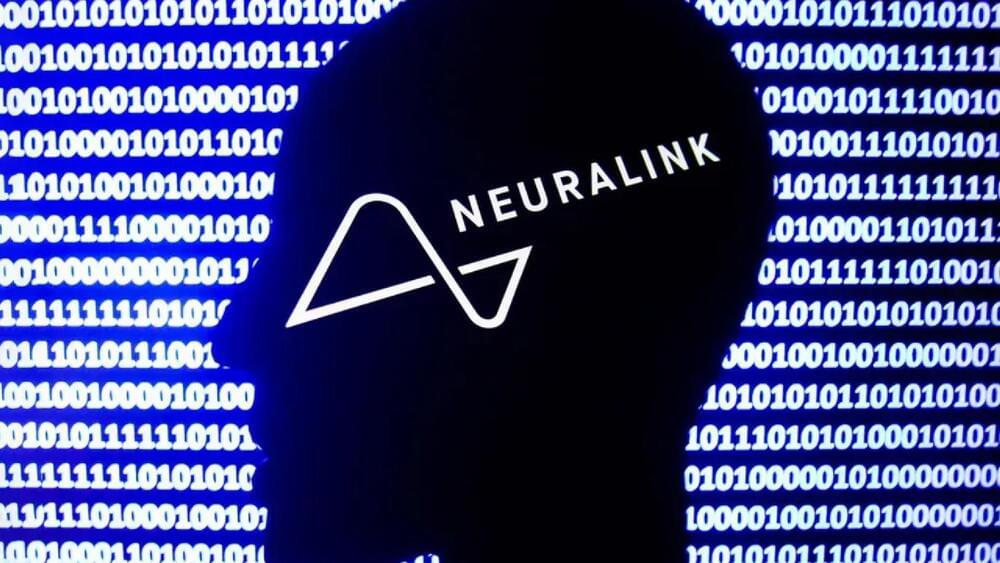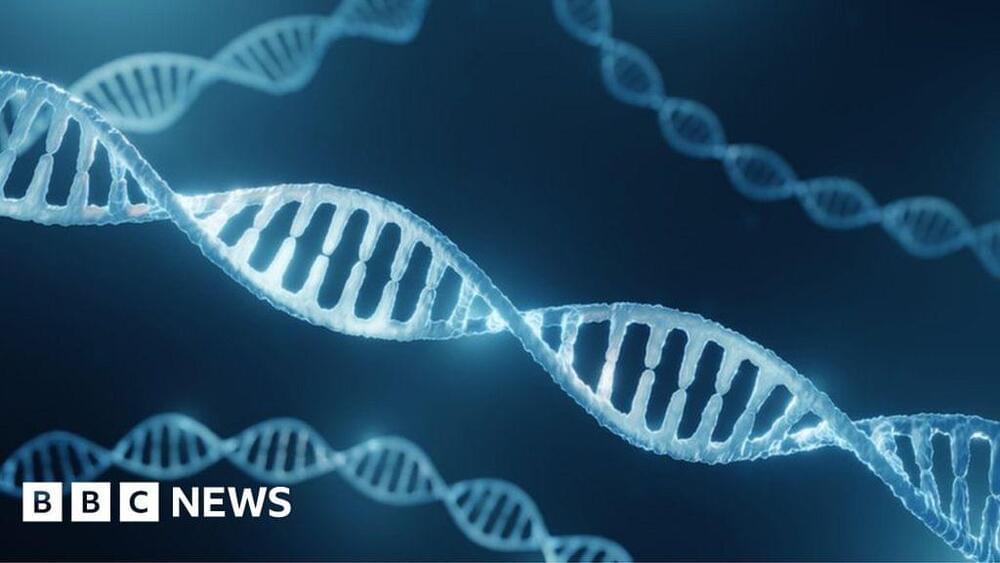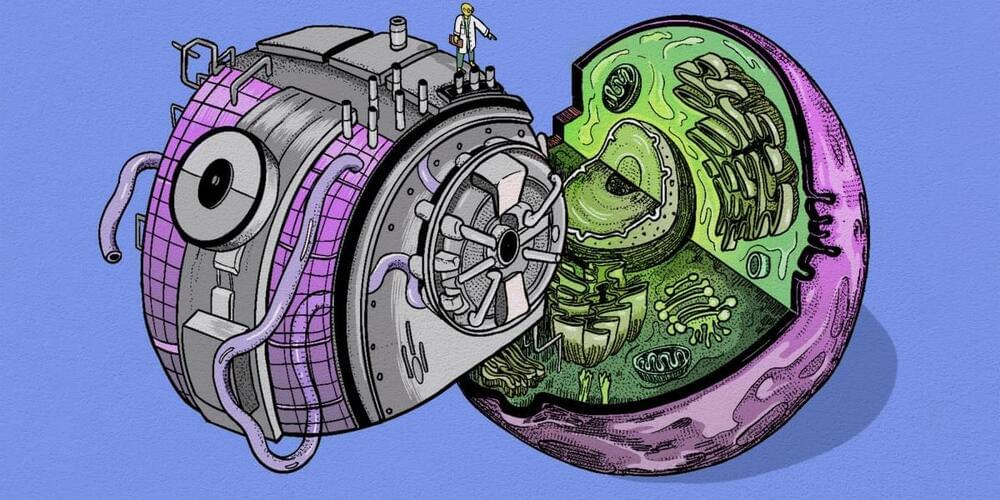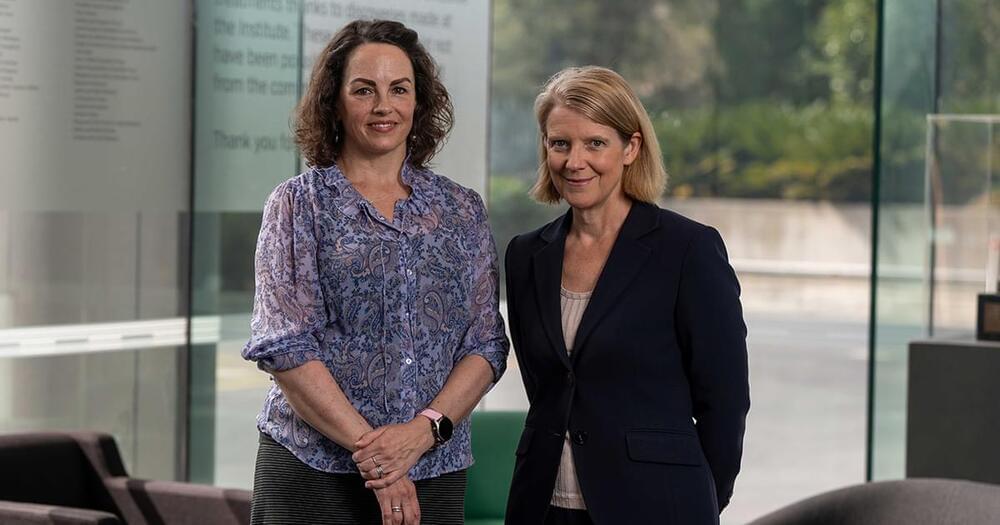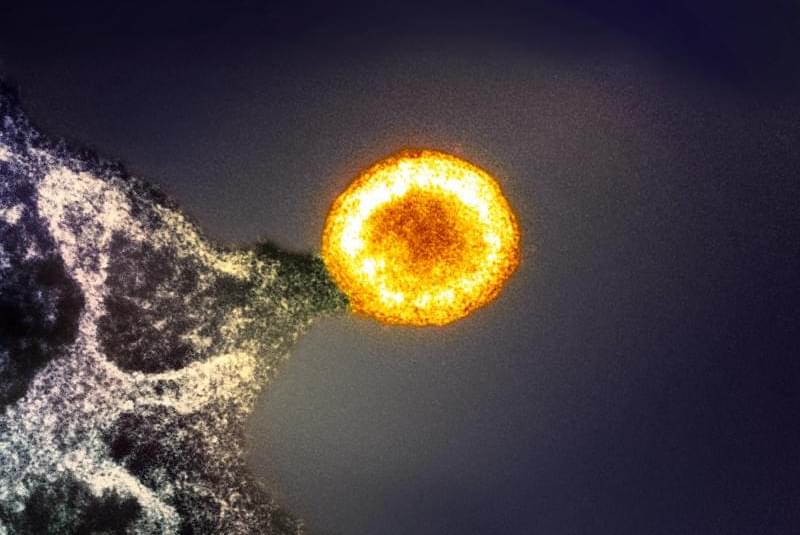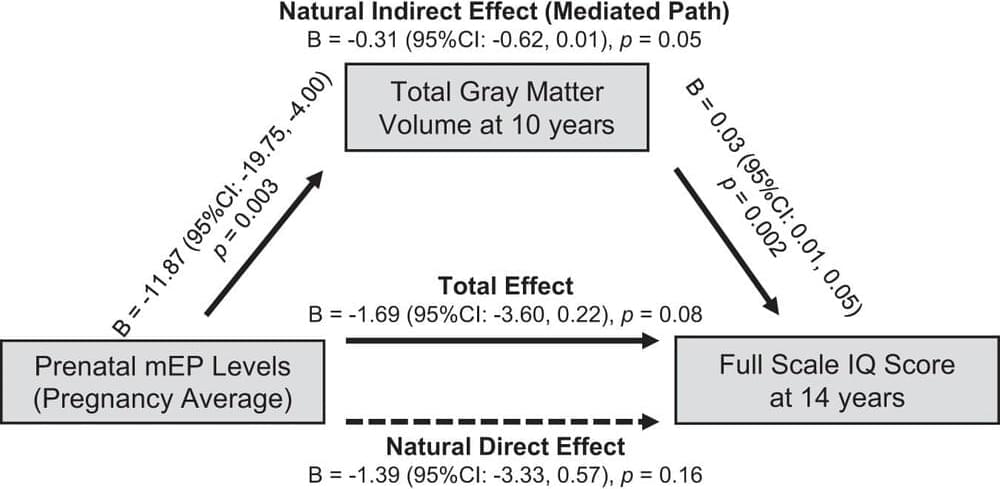Past tests have been conducted on pigs.
On Tuesday, Elon Musk’s Neuralink announced it was ready to start its first human trials. “We are happy to announce that we’ve received approval from the reviewing independent institutional review board and our first hospital site to begin recruitment for our first-in-human clinical trial,” noted a blog on the company’s website.
The PRIME Study (short for Precise Robotically Implanted Brain-Computer Interface) – a groundbreaking investigational medical device trial for our fully-implantable, wireless brain-computer interface (BCI) – aims to evaluate the safety of our implant (N1) and surgical robot (R1) and assess the initial functionality of our BCI for… More.
NurPhoto/Getty Images.
We are happy to announce that we’ve received approval from the reviewing independent institutional review board and our first hospital site to begin recruitment for our first-in-human clinical trial, noted a blog on the company’s website.
